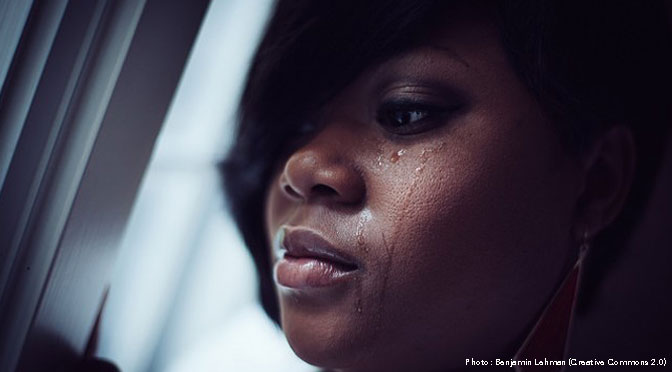Mother Jones, which has posted articles in support of abortion many times before, recently attempted to sway the public into thinking the abortion debate has been “reframed” because of certain cherrypicked research in author Nina Martin’s article. In their world, only pro-abortion research is legitimate, and it’s taken as gospel.
While NARAL Pro-Choice America was all too gleeful to tout this article as a way to back up their view of “science,” the abortion debate has hardly been reframed, at least not in the way Mother Jones claims.
Absurd anti-choice laws simply aren’t based on science, period. https://t.co/qI6YwEOShP #StopTheSham @MotherJones @ByNinaMartin
— NARAL (@NARAL) July 15, 2016
“Aren’t based on science”? This claim is awfully hard to swallow when you dig a little deeper. Martin and NARAL scoff at and attempt to discredit abortion research they disagree with because they don’t like the conclusions reached, or the fact that some of the researchers were pro-life. As a result, they dismiss the stories of women who have suffered from abortion — some of which are listed at Silent No More.
Both NARAL and Martin fail to admit how abortion can affect a woman physically and emotionally, even years after.
Martin references a 2008 Turnaway Study by Diana Greene Foster from the University of California-San Francisco, which has been criticized by researchers and doctors for several flaws, even though it was promoted by the pro-abortion Guttmacher Institute. The study claimed that “having an abortion did not lead to depression, PTSD, or other mental health problems,” and that not having an abortion meant that women were likely to remain “tethered to abusive partners.” (No bias there!) But just because not all women deal with depression, PTSD, or other problems relatively soon after abortion doesn’t mean that some women don’t — even years after. Martin ignores this as a possibility.
Martin also dismisses research on abortion risks from “abortion opponents,” presenting them as scare mongers. But statistics touting abortion as a safe procedure must be weighed with caution, as complications may not be accurately reported. Abortions can lead to other problems later in life, which may be inaccurately blamed on other factors. But Martin downplays the idea of abortion complications in general, concluding that laws which hold abortion facilities and abortionists to “especially rigorous standards” aren’t necessary. (She neglects to mention that those “rigorous standards” are followed by the legitimate medical community.) How does Martin reach this conclusion? Again, by referencing debunked studies.
Martin again cherrypicks only the most strident pro-abortion research when discussing complication rates for medication abortion (which women are often misled to believe is a safe, simple process). Thanks to a study done by Ibis Reproductive Health (funded by the pro-abortion, pro-population control Buffett Foundation) which touted the safety of RU-486, the Supreme Court of Iowa struck down the state’s prohibition of telemed medication abortions. And women are the ones who pay the price for this skewed research, promoted by agencies with a money-making agenda.
Abortion advocates in the media, like Martin, prop up biased and flawed pro-abortion research. What’s worse is that in doing so they completely dismiss the real harm many women actually suffer from their abortions.








